For some background, for the past few months I have been trying to collect all the elements on the periodic table. I bought a Geiger counter for the more radioactive elements (specifically the GQ GMC-600 Plus if that helps.)
Anyway, I have been using it for about 3 months and its been awesome, right up until about 20 minutes ago.
I was extracting some Americium from a smoke detector and placing it on the sensor to test how radioactive it was.
I've extracted Americium before, and I did nothing different from what I have done in the past without incident.
Huge bang, ears ringing, drop everything on the ground and run.
That's how loud it was. I thought I accidentally made a nuclear bomb or something (monkey brain turn on when loud noise. Logically I know that 90 microcuries of Americium is not going to "go nuclear" as they say.)
It was only on the sensor for about 5 seconds, and the last reading I saw was it getting to about 700 microsieverts/second. Again, I have done this in the past several times with another equivalent sample of Americium with no negative consequences.
Yeah, so now the Geiger counter is fritzed up. Can't turn on or off well, sticks to one screen and detects nothing. I have no idea what is wrong with it.
It could have been the capacitor blowing up, it could've been the Geiger-Muller tube itself, but I really don't know what I'm looking for. I'm not really an electronics guy, and my heart is still racing. also its 2AM and I need sleep
I have not been able to find a similar story. I just want to know what the heck happened, or even where to start looking.
Edit: After further investigation, it was absolutely the Geiger Muller tube that blew up.
I still have questions.
